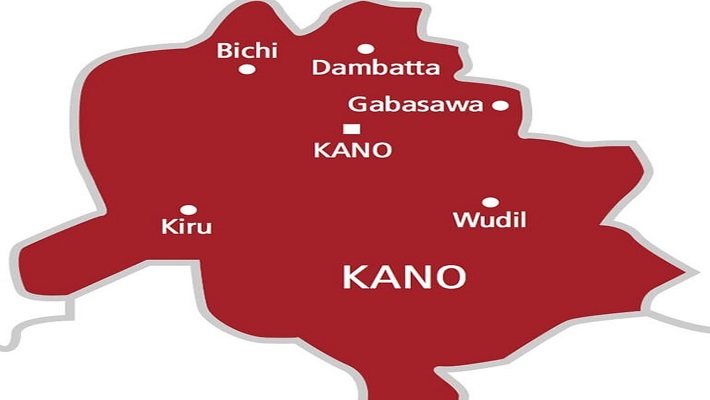The Nigerian Federal Government has officially confirmed an outbreak of Highly Pathogenic Avian Influenza (HPAI), commonly known as bird flu, in Kano State. This declaration, issued in a circular by Dr. Taiwo Olasoju on behalf of the Chief Veterinary Officer of Nigeria, raises significant concerns about the potential for widespread transmission of the virus, especially given the current circumstances. The outbreak affects various avian species, including layers, ducks, guinea fowls, and turkeys, posing a threat to both commercial poultry operations and backyard flocks. The circular emphasizes the immediate need for heightened surveillance and preventative measures to contain the virus and mitigate its impact on the poultry industry and public health.
The government’s directive underscores the critical role of collaborative efforts in combating the outbreak. It calls upon relevant agencies and state veterinary offices to activate their surveillance systems, ensuring prompt detection and response to any suspected cases. Strict adherence to biosecurity measures is paramount to prevent the virus from spreading further. Public awareness campaigns are essential to educate poultry farmers, traders, and the general public about the risks of avian influenza, preventive measures, and reporting procedures. Continuous monitoring of poultry populations is crucial for early detection and rapid intervention to contain the spread of the virus.
The circular emphasizes the urgent need for collective action to prevent the virus from spreading beyond Kano State to neighboring regions and potentially across the country. The potential economic consequences of a widespread outbreak could be devastating for the poultry industry, affecting livelihoods and food security. Controlling the outbreak at its source is therefore of paramount importance. The circular serves as a call to action for all stakeholders to cooperate and implement the necessary measures to effectively combat the spread of the virus.
The origin of the outbreak, as recounted by Dr. Usman Gwarzo, Chairman of the Poultry Association of Nigeria (PAN) Kano State chapter, appears to be linked to a single incident. In December 2024, an individual purchased a duck from Janguza market in Tofa Local Government Area and introduced it to his existing flock of hens and chickens. Shortly after, the duck died, followed by the other birds. Suspecting avian influenza, the carcasses were taken to a veterinary clinic in Gwale, where samples were collected and sent for testing. The results, received in the first week of January 2025, confirmed the presence of the HPAI virus.
While this initial case triggered the alarm, subsequent investigations have not revealed any similar reports from commercial poultry farms, suggesting that the outbreak may be currently confined to smaller, backyard flocks. This is a crucial window of opportunity to contain the virus before it potentially spreads to larger commercial operations. The timely detection and confirmation of the virus allow for prompt implementation of control measures, minimizing further transmission and potential economic losses. The collaborative efforts of the PAN Kano chapter and the state government are focused on enhancing awareness and preventative measures among poultry farmers and traders to prevent further spread.
The concerted efforts of the government, veterinary authorities, and poultry industry stakeholders are vital in preventing the outbreak from escalating. The focus on heightened surveillance, strict biosecurity protocols, and public awareness campaigns aims to contain the virus within Kano State and prevent wider dissemination. Continuous monitoring and prompt response to any suspected cases are crucial to minimize the impact on the poultry industry and safeguard public health. The current situation underscores the importance of preparedness and proactive measures in combating animal disease outbreaks and protecting both economic interests and public well-being.














